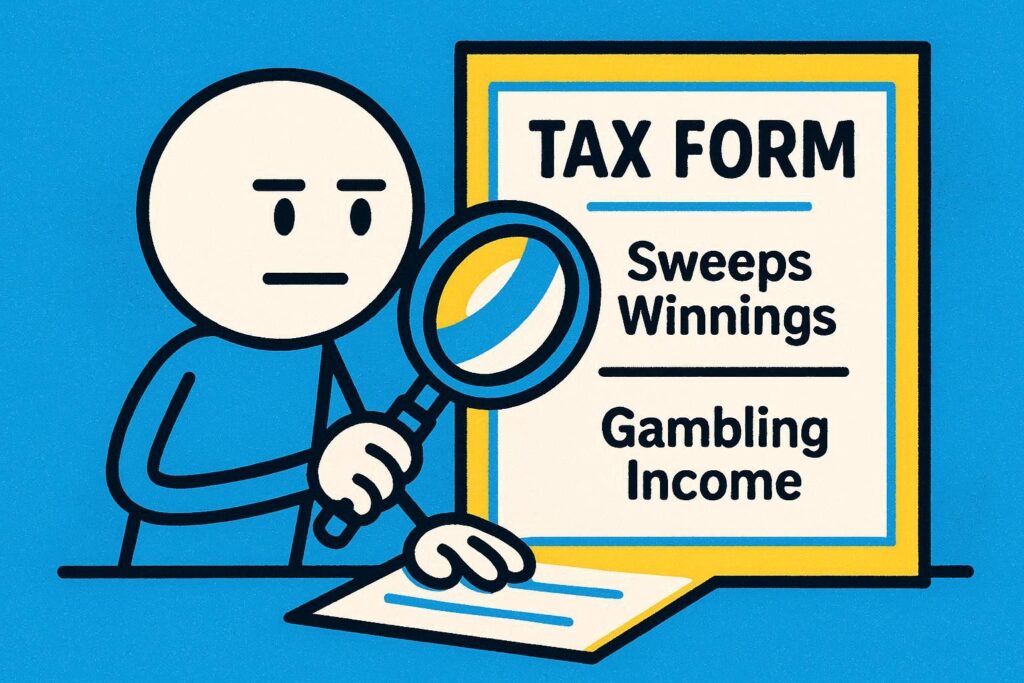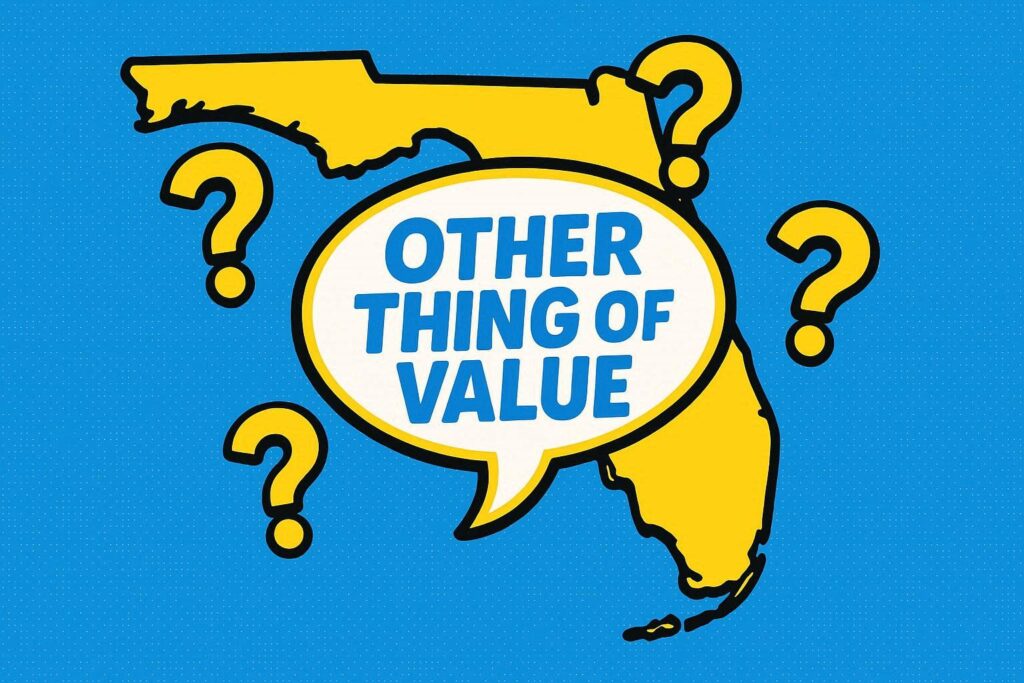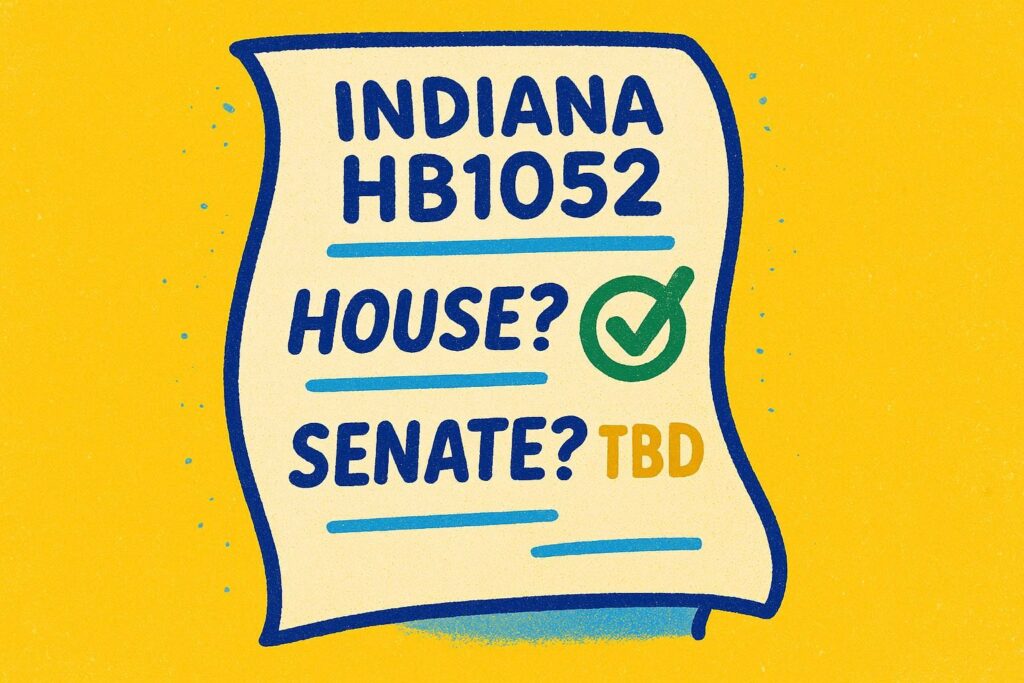In what can only be described as a hectic Tuesday in the online sweepstakes gaming world, two more states issued a bevy of cease-and-desist letters to operators, demanding they immediately cease operations in their states.
The Louisiana Gaming Control Board announced that, in coordination with the Attorney General’s office, it sent cease-and-desist letters out to 40 “offshore wagering platforms and online sweepstakes operators whose business models have been found to circumvent Louisiana gaming laws and regulations.”
The Mississippi Gaming Commission, meanwhile, issued cease-and-desist letters to 10 operators — nine offshore betting sites, plus Chumba Casino.
These announcements came on the same day the New York Legislature passed a bill banning online sweepstakes casinos in the state. That bill will now be sent to Gov. Kathy Hocul for her signature, which would officially turn that legislation into law.
Who received the letters?
Louisiana sent 42 cease-and-desist letters to the following offshore and sweepstake providers:
Notably, Bovada, VGW, and Fliff received notice to cease operations in the state.
The following companies received cease-and-desist notices:
- Harp Media B.V. d/b/a Bovada
- Azure Ventures Limited
- Bamboo Media, LTD and Arachis Media, LTD
- Dama N.V. d/b/a Wild Casino
- Golden Heart Games, Inc. d/b/a Golden Heart Games
- GTBets
- Heritage Sports
- Joy Media Works, LLC d/b/a Zitobox
- KHK Games, Inc. d/b/a Clubs Poker
- Kickr Games Pty Ltd and Kickr Sweepstakes
- MW Services Limited d/b/a Wow Vegas
- OC Media Holdings LLC d/b/a One Country
- Papaya Gaming Ltd. d/b/a Papaya Gaming
- Regal Technologies, LLC d/b/a SweepSlots
- Rolling Riches Ltd. d/b/a Rolling Riches Casino
- Sweepstakes Limited
- TD Investments Ltd. d/b/a Jumba Bet Casino
- The WagerWeb Group d/b/a WagerWeb
- VGW Holdings US, Inc., VGW Games, Ltd., and VGW Malta, Ltd.
- Winning Poker Network
- Yellow Social Interactive Ltd.
- Youwager
- 10 Ten Gaming, LLC d/b/a Smiles Casino and/or 10TEN Gaming LLC
- BetAnySports
- Diamond Sportsbook International d/b/a BetDSI
- BetNow
- Blue High House S.A.
- BetUS
- Wonder Play Company N.V. d/b/a BetWhale
- Blazesoft Ltd.
- BookMaker Sportsbook, Casino & Racebook d/b/a BookMaker
- Precise IG Solutions B.V. d/b/a CoinPoker
- CommissionKings
- Duranbah Limited NV
- Enchanted Studios, LLC d/b/a Enchanted Casinos
- CitoPedia N.V. d/b/a Everygame
- Fliff, Inc.
- Social Gaming, LLC
- Woopla, Inc. d/b/a funzpoints
- Gold Coin Group, LLC d/b/a Chanced Casino
- Genesys Technology N.V.
- Imion Limited Casinos and/or Termas del Arapay Management S.A.
The list of 10 operators to receive a cease-and-desist letter from Mississippi is:
- BetWhale (betwhale.ag)
- BetUS (betus.com.pa)
- BetOnline (betonline.ag)
- MyBookie (mybookie.ag)
- Bovada (bovada.lv)
- Americas Cardroom (americascardroom.eu)
- Ignition Casino (ignitioncasino.eu)
- Las Atlantis (lasatlantis.com)
- SlotsandCasino (slotsandcasino.ag)
- Chumba Casino (chumbacasino.com)
As you can see, Chumba Casino is the only sweeps operator on the list, although this likely means VGW received the letter, so it would apply to LuckyLand Slots and Global Poker, too.
VGW is perhaps a victim of its own popularity here, as Chumba Casino is universally the most recognizable sweeps brand in the industry. So it’s an easy target for a gaming commission looking to kick sites out without doing an exhaustive search of sweeps casinos active in the state. (Because, to be sure, there are many, many more sites than Chumba Casino.)
So, Gov. Jeff Landry meant what he said
Mississippi considered a bill banning sweepstakes casinos this legislative session. In fact, the bill passed in the Senate before the House tacked on a sports betting amendment, dooming its chances to fully pass. Sweeps advocates celebrated that as a victory for the industry.
Louisiana, meanwhile, did pass a sweepstakes casino ban bill through both its legislative chambers, but Gov. Jeff Landry vetoed the bill — saying the legislation was unnecessary and that the state Attorney General and gaming regulators would “continue to issue additional cease-and-desist letters to similar illegal offshore wagering and illegal online sweepstakes companies that intentionally design their business models to circumvent Louisiana gaming laws and regulations.”
He wasn’t bluffing.
In a press release announcing the move, Christopher B. Hebert, Chairman of the LGCB, said the 40 cease-and-desist letters “send a clear message.”
That message?
“Louisiana will not tolerate illegal operators who put our citizens at risk and undermine the fairness and integrity of our gaming industry,” Herbert said. “We will continue to use every enforcement tool available to protect the public and uphold the law.”
MGC Executive Director Jay McDaniel, meanwhile, said in his press statement that the MGC will “aggressively pursue both domestic and offshore illegal operators.”
“The MGC cautions citizens from engaging with any online site that offers gambling opportunities, as the player could be subject to criminal prosecution and forfeiture of money deposited with the site,” another part of the press release said. “These sites often promote themselves as legal, but there are no legal exceptions for online sports books or so-called ‘sweepstakes’ casinos.
“While some games might be advertised as free to play, if there is an opportunity for the player to provide consideration and win something of value, and an element of chance exists in the game outcome, it is gaming under Mississippi law.”
Do sweeps operators have options?
Unlike a ban set forth by legislation becoming law, actions from Attorneys General — like a cease-and-desist letter — can be challenged in court. If any operator chooses to do so, they’ll likely need to attack the state’s definition of online gambling and attempt to undermine the notion that a sweepstakes casino falls under it.
According to Louisiana law, for instance, online gambling takes place when a person “intentionally conducts, or directly assists in the conducting as a business of any game, contest, lottery, or contrivance whereby a person risks the loss of anything of value in order to realize a profit when accessing the Internet, World Wide Web, or any part thereof by way of any computer, computer system, computer network, computer software, or any server.”
A court may very well rule “risks the loss of anything of value” applies to Sweeps Coins, which can be redeemed for money, so “spending” them could be seen as risking something of value. Still, a sweeps operator could attempt to refute that, as Sweeps Coins, themselves, have no real-world value.
Most states’ online gambling laws don’t have a clearly defined application to sweeps casinos. That ambiguity is highlighted by the fact that these types of laws, with similar language to Louisiana’s, haven’t stopped sweeps casinos from operating for years, and it would serve as a sliver of wiggle room sweeps lawyers could try to squeeze themselves into.
Weighing options, when to pose a legal challenge
However, overruling an Attorney General’s action is a steep climb — and it could be an expensive one at that.
At this point, it probably isn’t worth a sweeps operator’s time or money to battle cease-and-desists in Mississippi and Louisiana, which likely aren’t high-revenue states for them anyway. However, with most 2025 legislative sessions over, Attorney General’s offices around the U.S. may now become the next frontier of battles over the legality of sweeps casinos.
Stakeholders on the anti-sweeps side of this debate believe a wave of more cease-and-desists from other states may be on the horizon. If they’re right, sweeps operators are in for an entirely different battle than the one they just fought in legislative chambers.
And if a critical mass of states send cease-and-desists, or especially if one of the huge markets does so (hello, California and Texas), then we might see an operator especially strapped with cash decide to pose a legal challenge.









